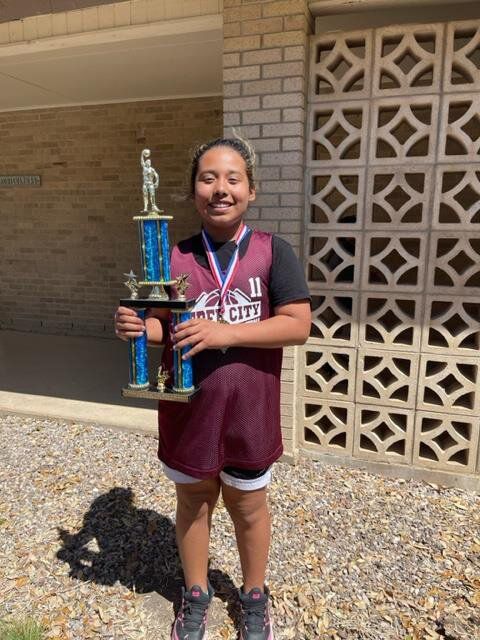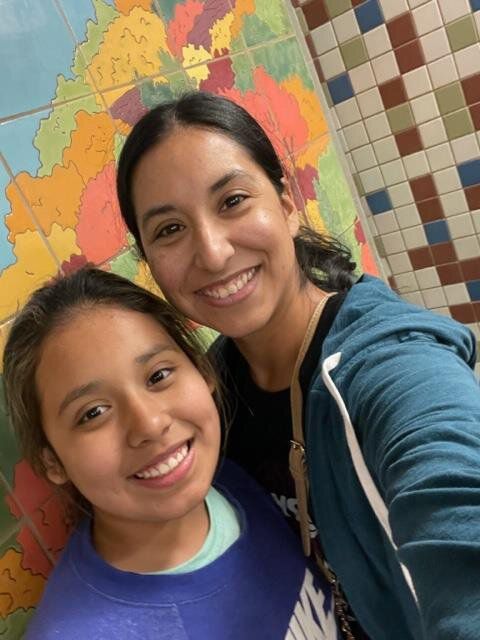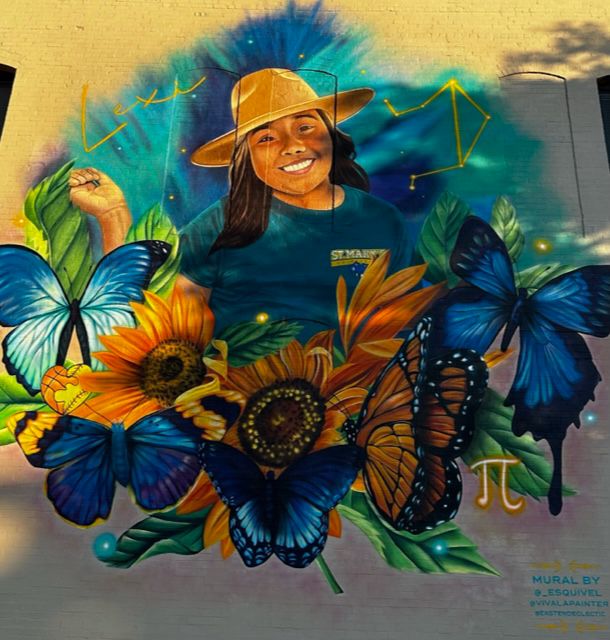As the nation marks one year since the Robb Elementary School shooting in Uvalde, Texas, our Dr. Nicole Cross is speaking with some of the parents of the shooting victims to find out how they are coping with grief and loss.
In some cases, survivors use advocacy to find meaning in their suffering, but it can also serve as a psychological distraction from the pain as some folks keep busy to avoid the weight of grief. Spectrum News National Mental Health Correspondent Dr. Nicole Cross learned more from Uvalde parent, Kimberly Mata Rubio.
Rubio, an Uvalde Leader-News reporter, says she will never forget the moment when she first heard radio traffic coming across the police scanner at her job, talking about an active shooter at Robb Elementary School. From that moment on, Rubio has been on the move.
"I eventually left to Robb," Rubio said.
She ran a mile to the school and eventually to the Uvalde Civic Center where Rubio learned her 10-year-old daughter Lexi was among the 19 children and two teachers gunned down inside Robb Elementary.

“I don't think I let myself grieve or really process immediately, I just hit the ground running," Rubio lamented.
Since losing Lexi, Rubio has honored her daughter’s life with action, even when it hurt; summoning strength from within to make her voice heard for Lexi.
“I’m a quiet person. I rarely speak up for myself, but when I became a mother, a power was instilled in me that remained dormant until June 8, 2022 when I addressed Congress to demand a federal ban on assault weapons,” Rubio said.
But, there’s another reason why Rubio is putting foot to pavement.
"I'm running away from my own problems. I'm running away from facing what's happened to me,” Rubio confessed. "It's too painful to process the loss of a child in this horrific way. It is easier to distract myself."

Dr. Joanne Cacciatore is an Arizona State University professor and world renowned traumatic grief expert who’s worked with Oprah and Prince Harry. Dr. Cacciatore says people tend to avoid things that scare them. She says using activism to avoid grief is OK for a while because it infuses our loss with some sort of meaning or purpose.
However, Dr. Cacciatore says the goal is to approach, process and ultimately integrate not only what the loss is, but perhaps more importantly, how someone is going to remain connected to this person who died.
It’s a path Rubio says she is not quite ready to travel.
"I feel like if I open that door, it'll just be flood gates," Rubio said.
Until she is ready, Rubio says she will just keep running, eventually arriving at her favorite spot, Lexi’s mural.

"On any given day, this is the place that I would like to be,” Rubio said. "That's what I need sometimes, just me and my girl."
It's normal for people with grief following a traumatic loss to want to keep busy to help cope. However, health experts caution people to be careful not to let things burn them out, physically or mentally. Anyone struggling with traumatic grief is encouraged to:
- Keep a journal
- Watch out for signs of physical exhaustion
- Talk with a grief counselor
- Spend time in nature and/or with a pet



